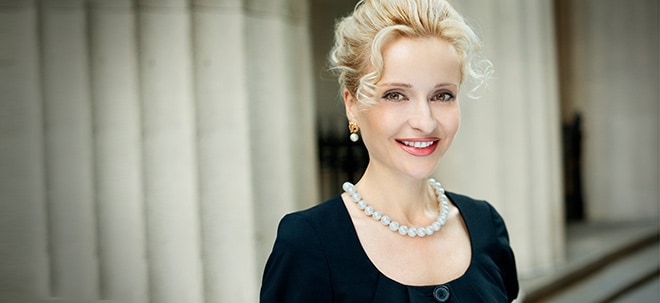(Vancouver) Scientists fear the public health protocols needed to tackle COVID-19 have unintended consequences.
Posted on February 21, 2021 at 4:29 p.m.
–
–
While it’s important to follow public health instructions to reduce the spread of COVID-19, these experts say all antibacterial wipes and physical distancing could have long-term impacts on our microbiomes.
When we kiss, get our hands dirty, or travel to another country, we acquire new microbes, recalls Brett Finlay, a microbiologist at the University of British Columbia. While some germs can make us sick, others are good for us. A diverse and rich microbiome is essential to our health, he emphasizes.
According to Prof. Finlay, the discovery of pasteurization at the end of the 19th century convinced society to get rid of microbes. While infectious diseases have declined as a result, the loss of microbial diversity is also linked to problems such as asthma, obesity, diabetes, and brain and cardiovascular disease.
Over the past 10 years, several experts have tried to persuade the population to be a little less afraid of germs.
“And then COVID-19 hit and squeezed everything. ”
Prof Finlay recently co-authored an article in the scientific journal PNAS requesting further study on how this prolonged period of confinement has changed our microbiomes and may affect long-term human health.
This article is the result of discussions within the Canadian Institute for Advanced Research. He said there could be implications for global immunity, allergies, and rates of diseases like asthma and diabetes.
It lists some things people can do to keep a healthy microbiome while following the COVID-19 rules: spend time outdoors, garden, exercise, eat a diet high in fiber, avoid unnecessary antibiotics and having physical contact with members of your household and pets.
Kathy McCoy, scientific director of the International Microbiome Center at the University of Calgary, says she expects the intense focus on hygiene during the pandemic to have an “alarming” effect on people’s microbiomes.
According to her, the microbiomes of most healthy adults with no underlying condition should “invigorate” after the pandemic, provided they do not gain weight during this time.
Prof. McCoy stresses that social inequalities can play a major role. So people who can work from home can cook more and eat healthier than usual, while those who have lost their jobs may have to rely on food banks or cheap foods.
Babies
The two experts say babies born during the pandemic could experience the effects for their entire lives.
Prof. McCoy says early life was an important time for the development of the immune system from exposure to microbes. Newborns born by cesarean section are already exposed to fewer important bacteria early in life.
During the pandemic, parents can become even more vigilant about washing babies and cleaning the house, she adds. Babies have much less interaction with adult extended family members or other infants who may pass germs.
There are steps parents can take to improve their baby’s microbial health during COVID-19 by having them play outside and adopting a pet.
Dr. McCoy believes it will be necessary to strike a balance between avoiding infection and building a healthy and diverse microbiome.
“We don’t know this balance yet, but we have to try to continue to understand this relationship,” she says. If we try to learn from this pandemic, we will be better prepared for the next one. ”
–


